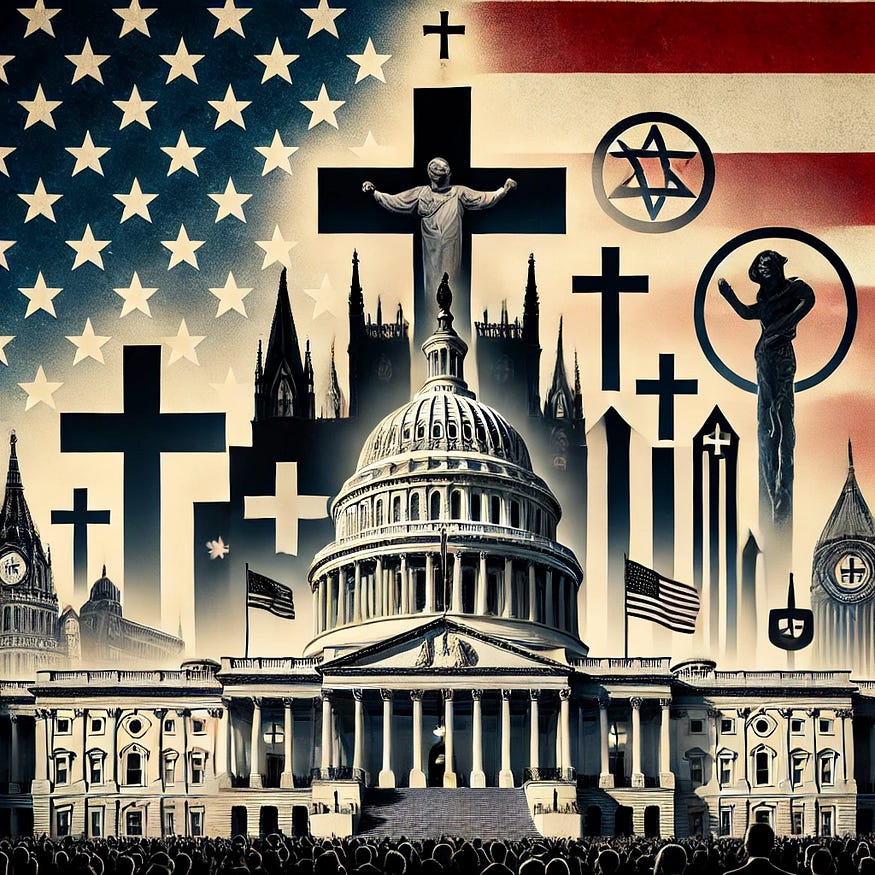Christo fascism: The Dangerous Convergence of Faith and Authoritarianism
Exploring the Fusion of Religious Fundamentalism and Fascist Ideology in Modern Governance and Its Threat to Democratic Values

Christo fascism is a term used to describe a political ideology that combines Christian religious beliefs with authoritarian, fascist principles. It often involves the belief that the government should enforce a particular interpretation of Christian doctrine, potentially suppressing other religions and non-religious viewpoints. The term is typically used critically to highlight the dangers of intertwining religious fundamentalism with authoritarian governance, where the state uses religion as a tool to justify oppressive policies, marginalize minority groups, and limit individual freedoms.
Key Characteristics:
Authoritarianism: Christo fascism advocates for a strong, centralized authority that enforces strict adherence to a particular Christian doctrine, often at the expense of democratic principles and civil liberties.
Exclusivity and Intolerance: It promotes the idea that one interpretation of Christianity should dominate public life and governance, often leading to the exclusion or persecution of those with different religious beliefs or lifestyles.
Nationalism: Christo fascism often merges religious identity with national identity, suggesting that the nation should be governed according to Christian principles, and that those principles are inherently superior to others.
Suppression of Dissent: In a Christo fascist regime, dissenting views, whether religious or secular, may be suppressed through legal and extralegal means, with the aim of maintaining the dominance of a specific religious ideology.
Moral Legislation: This ideology often supports the imposition of a rigid moral code derived from Christian teachings, which can influence laws related to issues like abortion, marriage, and education.
Usage of the Term:
Criticism and Warning: The term is often used as a critique or warning about the dangers of allowing religious extremism to influence state policies, particularly when it leads to the erosion of secular governance and the persecution of those who do not conform to the dominant religious ideology.
Historical and Modern Examples: While the term can be applied to various historical contexts, it is also used in contemporary discussions about the rise of religious nationalism and the influence of fundamentalist Christian groups in politics.
In essence, Christo fascism represents the dangerous fusion of religious fundamentalism with authoritarian power, often leading to the suppression of pluralism, the erosion of democratic values, and the imposition of a theocratic regime.

